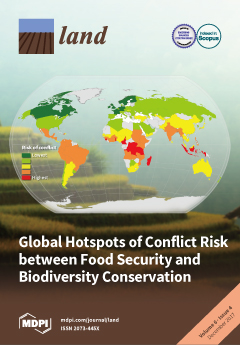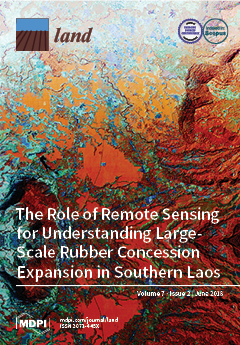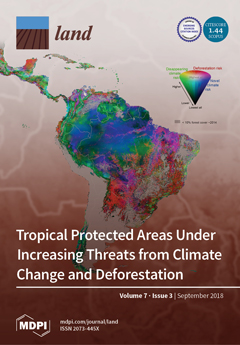Bequest of the Norseman—The Potential for Agricultural Intensification and Expansion in Southern Greenland under Climate Change
The increase of summer temperatures and a prolonged growing season increase the potential for agricultural land use for subarctic agriculture. Nevertheless, land use at borderline ecotones is influenced by more factors than temperature and the length of the growing season, for example soil quality, as the increasing lengths of dry periods during vegetation season can diminish land use potential. Hence, this study focuses on the quality of the soil resource as possible limiting factor for land use intensification in southern Greenland.





